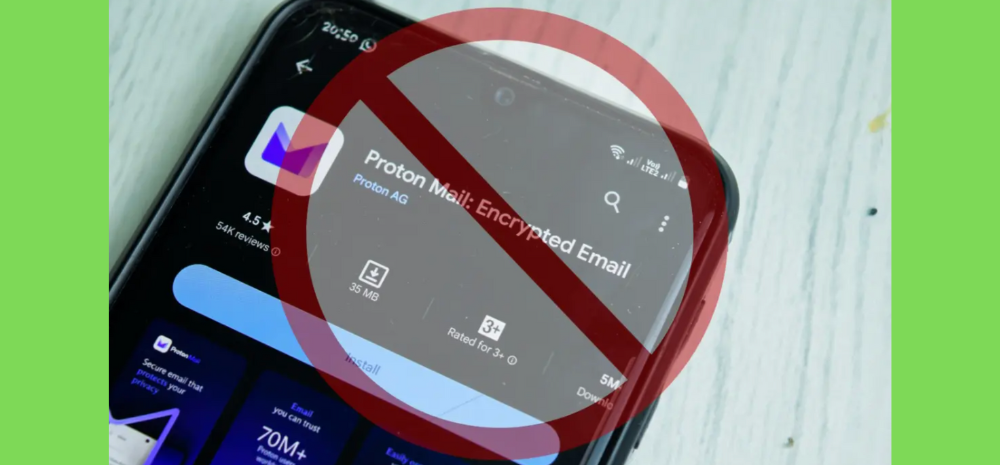India’s IT ministry has issued directions to internet service providers to block access to encrypted email platform ProtonMail, after an anonymous bomb threat was delivered to 13 schools in Chennai through a ProtonMail account earlier this month.

With local police unable to trace the sender and ProtonMail reportedly not providing details on the IP address citing Swiss privacy laws, authorities approached the IT ministry to initiate a blockade of the service under legal provisions. While enforcement is still underway, this marks India’s latest move against encryption services seen as abetting cyber crimes.
Blockade Accuracy, Legality Questioned Digital rights advocates have raised questions on the legitimacy and feasibility of blocking an encrypted platform legally used by thousands, for misuse by a single anonymous account.
ProtonMail too condemned the overbroad blockade given most users rely on its security and privacy features responsibly. It maintained willingness to cooperate with valid legal requests under Swiss laws. Critics thus argue a blanket ban is disproportionate and ineffective if perpetrators use VPNs or foreign servers.
India Increasingly Hostile to Encryption Services
The ProtonMail development aligns with Indian authorities’ stance against services with end-to-end encryption offered by platforms like WhatsApp and Signal as well.
Last year, several encrypted apps and ProtonVPN itself withdrew from India following new VPN regulations making user logs mandatory – which encryption by design resists.
While the ProtonMail site and app remain operational currently, previous such bans have seen erratic enforcement with unintended overreach. The incident highlights India’s escalating clash with privacy-focused tech platforms.












